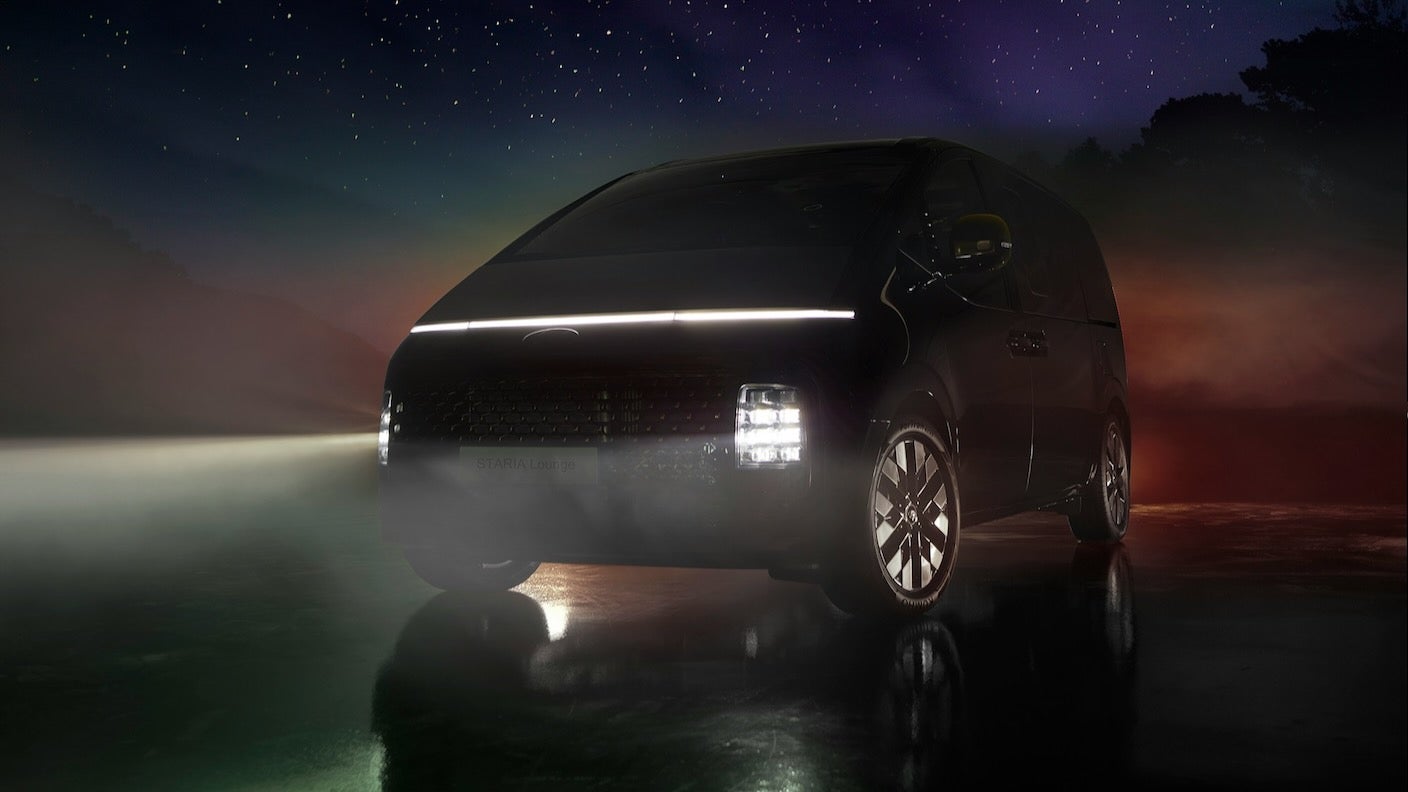
Analysis of 29.8 million cars found the median EV lasts 124,000 miles—8,000 more than a gasoline car.
One of the biggest barriers to widespread adoption of electric vehicles is concern about their shelf life. New research suggests the latest models are just as long-lived as their gas-powered cousins.
Any smartphone owner will be well aware that battery capacity slowly degrades over time, as repeated charging and discharging cycles take their toll. The same is true for the batteries in electric vehicles, but exactly how quickly performance degrades has been unclear.
Most manufacturers provide a warranty that guarantees the power packs will retain 70 percent of their capacity after eight years of use. But this still compares unfavorably to gas-powered cars, impacting both the lifetime value and prospects for the resale of electric vehicles.
However, there’s growing evidence that electric vehicles are lasting much longer than expected. And now, researchers have carried out a comprehensive analysis using data from the UK Ministry of Transport, which shows they can match or even exceed the lifespans of conventional vehicles.
“Our findings provide critical insights into the lifespan and environmental impact of electric vehicles,” Viet Nguyen-Tien, from the London School of Economics and Political Science, said in a press release. “No longer just a niche option, [electric vehicles] are a viable and sustainable alternative to traditional vehicles—a significant step towards achieving a net-zero carbon future.”
In the UK, all vehicles more than three years old are required to undergo an annual roadworthiness test. In a paper in Nature Energy, the researchers analyzed data from 264 million of these tests to estimate the lifespans of different kinds of vehicles.
The records, which covered 29.8 million unique vehicles, include details on the type of vehicle, its initial registration date, and its mileage at the time of the test. The researchers identified cars that had been taken off the road by singling out those that had gone at least 18 months without taking the roadworthiness test.
Using this data, the team was able to estimate the median lifespan for a gasoline, diesel, and electric vehicles. They found that electric vehicles now have a lifespan of 18.4 years, which is nearly a year and a half more than diesel cars and only slightly less than gasoline ones. And their median mileage was 124,000, which is about 8,000 more than a gasoline car.
Longer lifespans aren’t just a positive for owners. A major reason for the switch to battery-powered vehicles is the desire to cut out greenhouse gas emissions. Building electric vehicles actually produces more CO2 than conventional cars, but if they last long enough, they can still be a net positive for the environment.
“Despite higher initial emissions from production, a long-lasting electric vehicle can quickly offset its carbon footprint, contributing to the fight against climate change,” said study co-author Robert Elliott, from the University of Birmingham.
The new research is the latest in a line of studies showing that electric vehicles appear to be lasting longer than people expected. According to Wired, a report from consulting firm P3 showed that on average, electric vehicle batteries still retain 90 percent of their capacity after 100,000 miles. Another study from fleet telematics company Geotab found that batteries in the newest vehicles only degrade by 1.8 percent a year.
Given that maintenance costs for electric vehicles are considerably lower than for conventional ones, these findings suggest that going battery-powered is quickly becoming an economical option for most drivers. That will go a long way toward weaning our transportation systems off fossil fuels.
The post The Surprising Longevity of Electric Vehicles: They Now Live as Long as Gas-Powered Cars appeared first on SingularityHub.
* This article was originally published at Singularity Hub

0 Comments